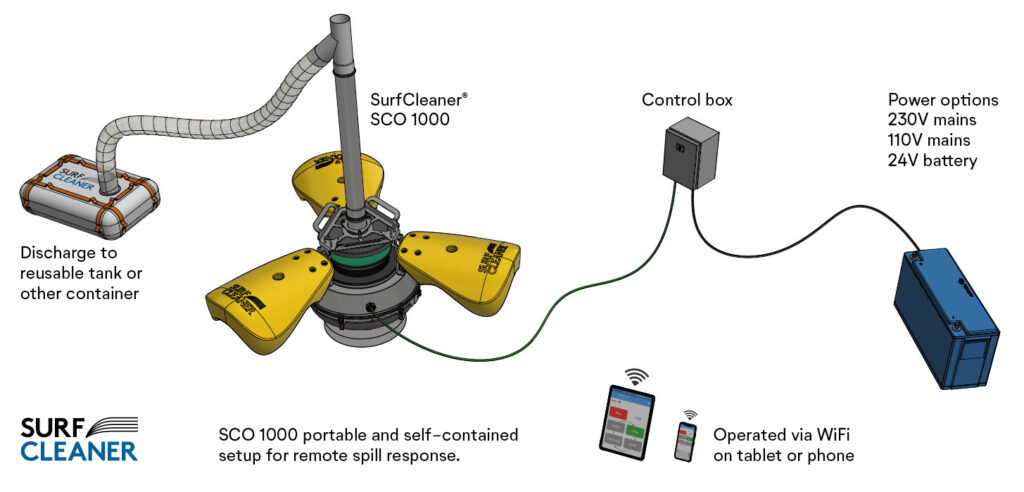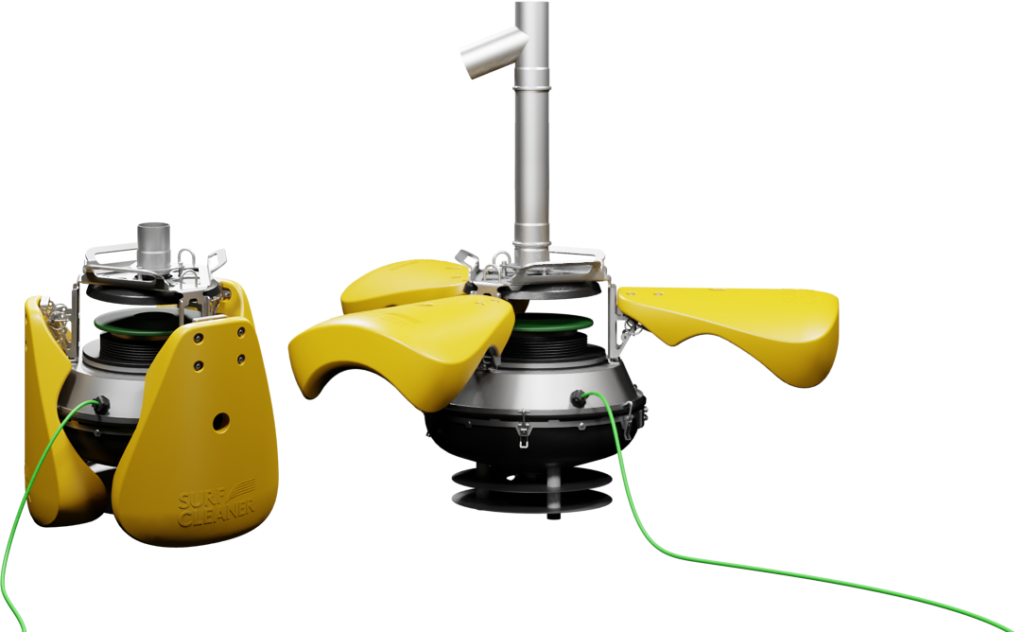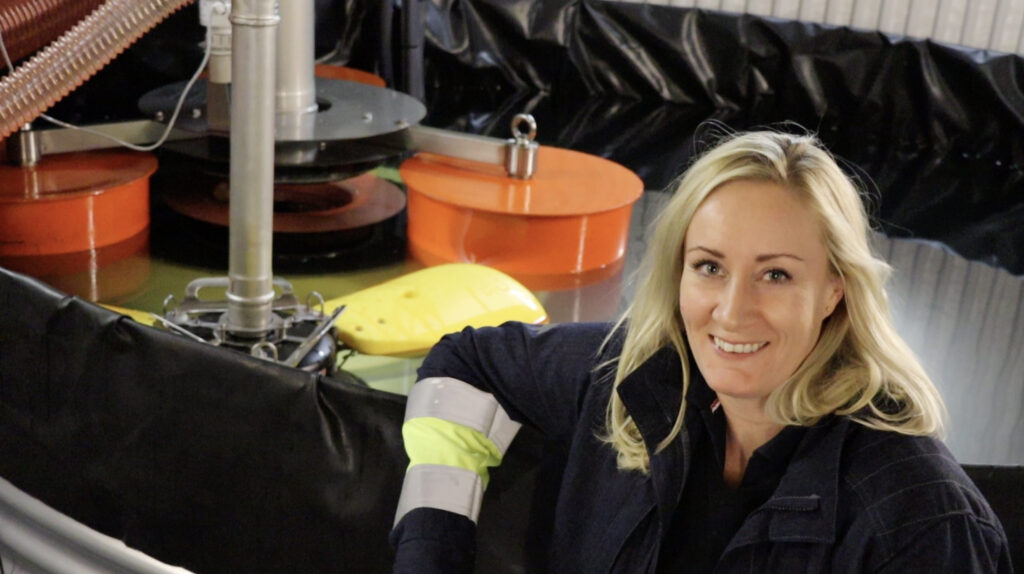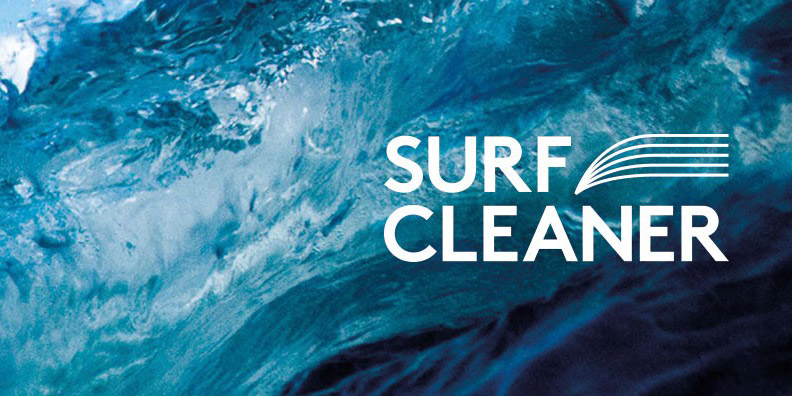SurfCleaner is an emerging Sweden-based company with top-notch solutions for water treatment, making it possible for industrial plants to treat surface pollutants including sludge, oil spills, diesel, and other contaminants while stimulating biogas production and top efficiency levels.
In fact, its customers can reach up to 100% separation of oil, diesel, plastics, floating sludge, and debris. The company’s solutions also allow up to 99% hydrocarbon removal, with less than 0,5% water content. As a result, refineries, steel mills, mining facilities, and municipal waste treatment plants can achieve greener operations with a 95% greenhouse gas emissions reduction.
The company’s solutions also come promptly, as new regulations come out of the COP26 summit for the energy industry. From major companies to governments globally and locally, the need for cleaner operations and treating surface water solutions is a must.
We can take the example of Nigeria’s Delta oil spill from a well owned by the state company NNPC, which has been ongoing for weeks, affecting the lives of residents. The environmental cost of the spill is a matter of global attention now, and politicians are still trying to find a solution.
That’s where SurfCleaner’s solutions come in handy. The company has a mission of expansion to advance its portfolio and help the energy transition and allow a greener and healthier environment worldwide. Christina Lundbäck, Founder and Corporate Relations of the company, sat with us on an exclusive interview to disclose SufCleaner’s vision for the future.


Products and overall mission of SurfCleaner
Energy Capital: Christina, could you please tell us about your portfolio of products and the overall mission of SurfCleaner?
Christina Lundbäck: Yes, we have a skimmer separator hybrids for 100% removal, separation, and recovery of oil, diesel, petrol, plastics, sludge, debris, and other contaminants floating on the surface of the water. We have divided the market into two segments. We have industrial wastewater and public wastewater treatment plants. When talking about the industrial segment, we are talking about refineries, steel mills, etc.
Our primary aim is to treat water. Up to this date we have sold more than 40 of our products. However, this year the peak is going higher because the demand is so big now. Significantly since the COP26 and all of the objectives from it to reduce biogas. So, our aim for next year is to sell 100 products at least worldwide, because the more SufCleaners are out there, the cleaner the world will be.
EC: Can you please describe in general the customer-based solutions that you offer?
CL: Yes. We have sold our solutions to refineries and big brands like ExxonMobil and others in Italy and Argentina. I think that the need for these devices is great. So, we are focusing on expanding to other countries; establishing partnerships, and finding distributors because you cannot do it alone.
EC: How does the company foresee the future for its business model?
CL: We aim to be present in all the countries in the world. However, we especially aim for the US due to the immense size of the wastewater treatment market. I think it is like a $208 billion dollar market. So, we are going to focus on expansion. We have three products. A small one that is portable so you can put it into oil harbors or minor oil spills. We also have a big one, which has a certification for explosion class.
And then, we have the wastewater product that we are testing in Sweden right now to take care of floating sludge because that is a resource. With it, you can produce methane gas or dry it and use it as a fertilizer. So, we have a focus on circular economy. For refineries, our products also serve to take care of pollution, with no methane produced. So, it is a win-win for everybody.


Tackling the global problem of floating pollutants
EC: When talking about floating contaminants, can you explain how your company plans to deploy solutions for this global problem?
CL: The thing is that we are a small company right now, based in Sweden. So, that’s why we are raising our voices so that the industry knows about us. We know that different regulations are coming, especially for the oil business, as it now has to take care of its waste. There will be a carbon tax, plunging the profits of oil businesses.
So, we want to help the companies take responsibility for that. Indeed, we still need oil, so we aim to make the industry cleaner. But we also want to push the notion of reusing sludge because only 20% of our wastewater is clean. That is a pretty low margin. The UN aims to increase that margin to 60% by 2030. How are we going to do that? That is why SurfCleaner has to grow fast so we can treat more wastewater. In this regard, we are doing research right now in two wastewater treatment plants in Sweden. We are investigating how to increase energy efficiency and circular economy. We consider this to be very important because floating sludge is a problem that everybody has. Moreover, there are no mechanical solutions right now, and the ones out there waste a lot of energy.
On the other hand, our competitors, especially in the oil and gas sector, are struggling with diesel because it is very difficult to remove it from the water surface. It also evaporates fast. So, you need to clean it fast and efficiently. We can take it out with 0,5% water in it. Our competitors use 7,5 kilowatts when they are collecting it. They have a hydraulic pump and other devices. They have to run it manually. While with SurfCleaner, you just have to get it into the wastewater treatment plant and let it work. It collects the pollutant, separates it, and gets rid of it in the same step.
Furthermore, the need for maintenance for refineries is minimal. With SurfCleaner, you don’t have to get the refinery on hold for several days – you just lift it up and flush it with a hose. Thirty minutes later, you can put it down again. It is much simpler.
EC: So, would you say this is a good time for deploying these solutions? Not only for enterprises but for governments facing new regulations…
CL: Yes. Not only at a global level but also at the local one. Many regulations are coming at a local level. This is happening for instance in Sicily, which is witnessing a rise in cancer cases related to coastal refineries and methane gas levels. We want to help industry take responsibility and make politicians understand that there are solutions to tackle these issues. As such, we are ramping up our international distributor network, as part of a strategic expansion plan led by CEO Mikael Andersson.
Having recently appointed new partners in Italy and Norway, we will be making further announcements in 2022 to underpin our network spanning across Europe, Asia, the Middle East and the Americas. We can make a real impact delivering cleaner water and reducing emissions. Crucially, our solutions also support a future circular economy providing a strong incentive to reuse raw materials – boosting green credentials while improving the bottom line.
We know that we can make a real difference in clean water, reduce methane gas, and improve the circular economy. Indeed, it is important to have all these green options. But you also have to make sure that they reuse things and earn money from them while getting green. That’s our aim, at least, to do something for real.




